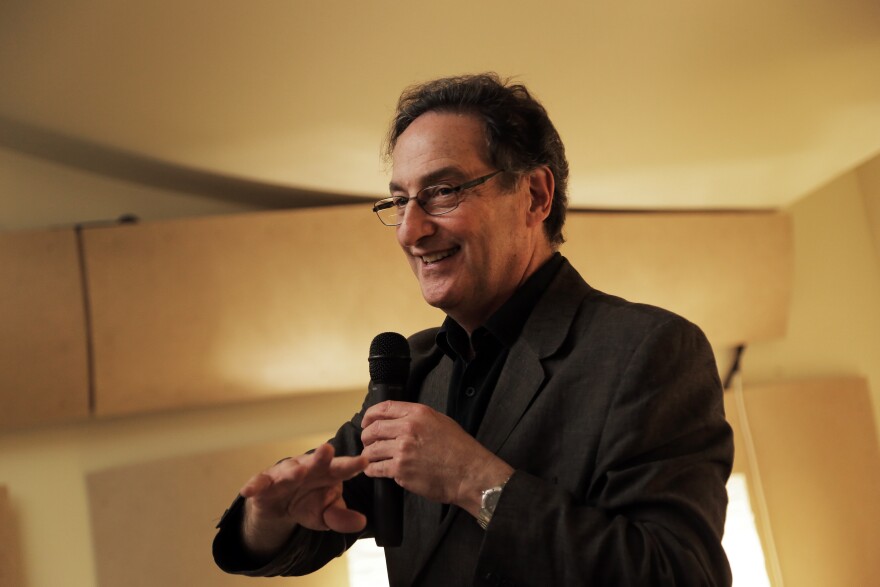Just as it would be difficult for TV viewers to imagine Saturdays without Saturday Night Live, it would be equally challenging for public radio listeners to contemplate Fridays without Science Friday.
The weekly public radio show has engaged listeners and scientists in all things science, every Friday for the past 25 years and can be heard weekly on 90.5WESA from 2-4 PM.
Founder and host, Ira Flatow is an award winning NPR host and science correspondent who spent six years writing for the Emmy-award-winning program Newton’s Apple on PBS as well as reporting on science for CBS.
According to Flatow, the golden age of science reporting was in the 1960’s because of the space race between the United States and USSR. But since the 1970's, as news departments have lost money and tightened budgets, Flatow said the first thing to be cut has typically been science reporting.
“There used to be 70 newspapers with science sections in them, now there may be a handful or so.”
But Science Fridays is constantly growing in popularity. Flatow said the weekly program has the largest social media community in all of public radio.
“Our twitter audience grows by 1,000 a week,” said Flatow.
This is largely due to the fact that Science Friday has evolved beyond its weekly radio programming.
“One of the first things we did, noticing that YouTube for example is becoming very popular, we started making videos. And we made videos that had to do with what we were talking about on the radio that week or it didn’t. And we just found interesting things to do.”
Flatow mentioned that one video in particular is a must see.
“Sometimes a scientist would send us a raw video of stuff that they were doing. And our most popular video called, Where’s the Octopus?- and you will want to see this- over 1 million people have downloaded it. This video a scientist sent us when he was out searching, an octopus surprised him underwater.”
https://www.youtube.com/watch?v=aoCzZHcwKxI
Where’s the Octopus? brings to mind the fact that not all scientific findings have a true goal when the research begins, and Flatow said that's okay.
“Sometimes knowledge for the sake of knowledge leads us to another place where we don’t know where its heading. And lots of basic research starts out at 'we don’t know where its heading' and it winds up with a product or something that makes us better. But, it also answers a basic question that everybody asks about life and nature. 'Where did we come from?' and 'Where are we going?' So there are philosophers and theologians and all kinds of people ask that question and science tries to answer that question.”
And if science can answer some of those big mysterious questions about the universe and life Flatow believes, “That’s better than Star Trek!”





